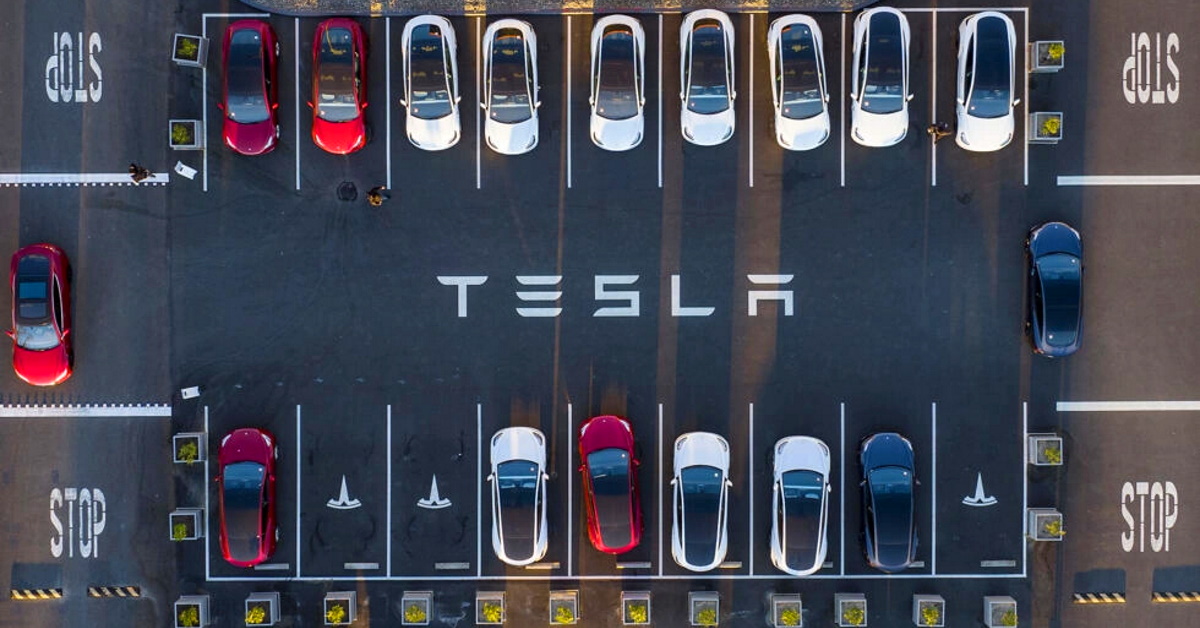Tesla recalls 2 million electric cars in United States over safety concerns

[ad_1]
Tesla is recalling over 2 million vehicles in the US to enhance the safety features of its Autopilot advanced driver-assistance system. This decision follows concerns raised by a federal safety regulator regarding the system’s monitoring capabilities. Originally introduced in 2015, Tesla’s Autopilot was hailed as a revolutionary feature, allowing cars to change lanes automatically. However, safety concerns prompted US auto safety regulators to pressure Tesla into recalling nearly all vehicles sold in the country due to a perceived laxity in its driver monitoring system.

Over the past eight years, Autopilot has evolved to include features like “Autosteer” and “Traffic Aware Cruise Control,” enabling automated steering, acceleration, and braking within a lane. Despite these advancements, studies show that humans tend to overly trust automated technology, leading to accidents. The National Highway Traffic Safety Administration (NHTSA) investigated multiple Tesla crashes involving Autopilot, prompting a recall of more than 2 million vehicles sold since 2012.
The NHTSA found Tesla’s driver monitoring system defective, stating it “can lead to foreseeable misuse of the system.” Tesla disagreed with this conclusion but committed to a software update to strengthen monitoring. The update includes more prominent visual alerts, simplified Autosteer controls, and additional checks on its usage. The system may also be restricted in certain areas.
While safety experts welcome the recall, they argue it places the onus on the driver without addressing the fundamental issue of Tesla’s automated systems struggling to detect and avoid obstacles. The recall covers Tesla models Y, S, 3, and X produced from October 5, 2012, to December 7, 2023. The software update, aimed at improving driver monitoring, is seen as a compromise that doesn’t address hardware limitations for monitoring driver behavior.
The recall stems from a two-year investigation into crashes occurring while Autopilot was in use, some resulting in fatalities. The NHTSA’s intervention highlights a growing scrutiny of Tesla’s safety practices, with investigators dispatched to multiple incidents involving Teslas running on automated systems. Safety advocates have long called for stronger regulations, advocating for camera-based systems to ensure driver attention.
Despite these challenges, Tesla maintains that Autopilot and Full Self-Driving (FSD) are meant to assist drivers who must be ready to intervene at any time. The NHTSA has emphasized that Autopilot is a driver-assist system and cannot drive itself. The investigation remains open as the agency monitors the efficacy of Tesla’s remedies to ensure the highest level of safety.
While the recall is a significant step, critics argue that it doesn’t fully address the root problems, such as inadequate hardware for driver monitoring and the system’s failure to detect and respond to emergency situations effectively. The recall underscores the challenges and responsibilities associated with the evolving landscape of autonomous driving technologies.
[ad_2]